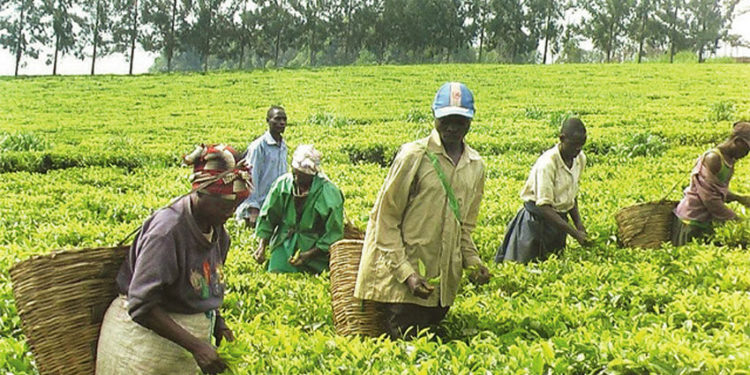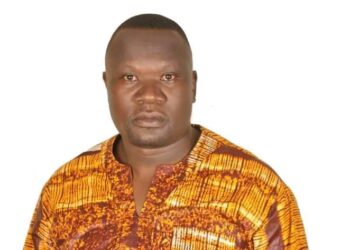By Denis Jjuuko
I recently drove to some parts of Uganda’s countryside. The further you get away from Kampala, the more expansive land that comes into your view. Most of it is green — an indication of the country’s fabulous climate. Recent rains make the vegetation pleasant to look at.
But at the same time, you wonder why there is no meaningful economic activity taking place on such seemingly fertile land. As I wondered, I saw a story that the Justice Catherine Bamugemeire land probe commission recommended that idle land should be taxed. The recommendation is that whoever owns land that is half a square mile (about 320 acres) should pay a tax for not using their land. This is akin to a tax you pay for not driving your car, but I digress.
I heard that in some developed countries, taxing idle land is the norm. We love copying stuff. However, for Uganda, it is much more complicated. Why is land that is so fertile lie idle in Uganda? When you get off the highway and drive into the villages, you see a few homesteads here and there surrounded by fertile land, yet signs of poverty are written everywhere.
As you drive further, you will find a trading centre (referred to as a town council nowadays) with many young people milling around a boda boda stage. They will signal you to stop and ask whether you need directions to where you are going. If you need, they will offer to take you there at a small token. These are young men who wake up to spend their youth waiting in so-called ‘towns’ to direct vehicles. In some of these towns, there aren’t many vehicles to direct.
Reeling off tree stems that are used as makeshift chairs, these youths aren’t only drunk and dirty; they are visibly hungry. Now that politicians are campaigning, many young people wake up to climb lorries to accompany a politician wherever he is going. The politician atop an old SUV followed by an equally cheap 6th hand van embossed with the word “ambulance” is smiling from ear to ear promising these unguided youth “development, unity, and peace.”
The development is never discussed in detail. The politician doesn’t talk about agriculture and the idle land. The commissioners in Kampala promise that taxing such land is the solution. The poor youth clap. It is despicable.
Sometime back, the government promised to give a hoe to every household. Just like COVID-19 face masks and even relief food, I am still waiting for my hoe. Instead of making grandiose proposals like taxing idle land, why don’t we provide incentives for people to till this land? Why don’t we offer markets to people’s produce? “Development, unity, and peace” can only be attained if people earn some predictable income. Waiting for visitors to offer direction will never make anyone a decent living.
Today, in Buganda, with sustained efforts to encourage people to grow coffee, the numbers are going up again. In the financial year 2018/19, according to the Uganda Coffee Development Authority 2.4 million bags (60kg) of coffee came from the central region, which represents 34.82% of all the coffee produced in the country. Before the Kingdom’s Coffee is Profitable (Emmwanyi Terimba) campaign, the numbers were much less. We can forget the talk on tribalism for a while and focus on growing household incomes. Let us put this in perspective, in 2015/16, coffee production in Uganda stood at only 4.04 million bags. In 2018/19, we produced 7.0 million, an increment of 57.7%.
Taxing idle land is counterproductive. Land is the biggest means of production for more than 70% of Uganda’s population. If the government wants to collect more taxes, they would get more if they encouraged and indeed provided real solutions to problems in agriculture. A campaign to make agriculture sexy would work and providing real incentives.
The government can identify landlords with large tracts of land, sit with them on the table and discuss how they can make this land productive. This is because some people may even pay this tax but still jobs won’t be created; the economy won’t grow. We should be talking about affordable agricultural loans, crop insurance, produce markets, professionalizing agriculture, and value addition, among others.
If people are inspired, and a market is provided, like we are seeing in Buganda with coffee, people will return to agriculture. Idle land will become productive. Some of the commissioners proposing taxation on idle land were educated by mainly parents who worked the gardens and supplied produce to cooperative unions. What is so tricky in recommending a return to the good old days?
The writer is a communication and visibility consultant. djjuuko@gmail.com
Do you have a story in your community or an opinion to share with us: Email us at editorial@watchdoguganda.com













